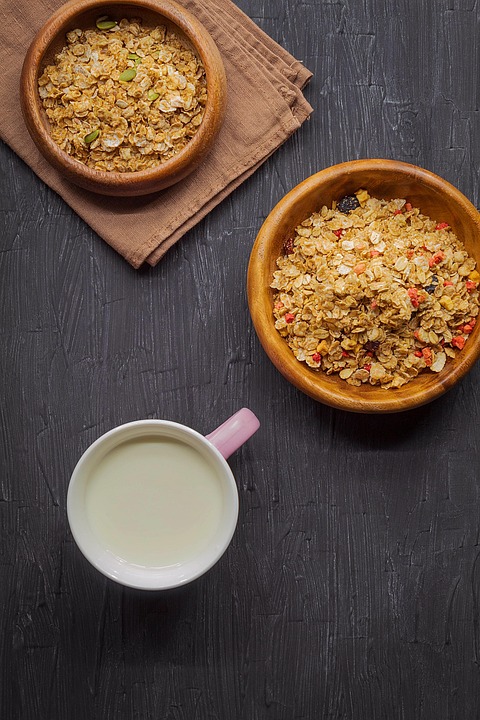Introduction
The oat milk market has experienced significant growth in recent years, with consumers increasingly seeking plant-based alternatives to dairy products. Within this competitive segment, there is a constant battle between private label brands and established brands. In this report, we will explore the key differences between private label and established brands in the oat milk market, looking at financial data, market trends, and consumer preferences.
Market Overview
The oat milk market has been growing at a rapid pace, driven by increasing consumer awareness of the health and environmental benefits of plant-based products. According to research firm Mintel, the global oat milk market is expected to reach $2.3 billion by 2027, with a compound annual growth rate of 8.4%.
Private Label Brands
Private label brands, also known as store brands or retailer brands, are products manufactured by a third party and sold under a retailer’s brand name. In the oat milk segment, private label brands are gaining popularity due to their lower prices compared to established brands. Private label oat milk products are often positioned as affordable alternatives to premium brands, targeting price-sensitive consumers.
One of the key advantages of private label brands is their flexibility in pricing and marketing strategies. Retailers can adjust their pricing and promotions to meet changing consumer demands and market conditions. Private label brands also offer retailers higher profit margins compared to national brands, as they eliminate the need for advertising and promotion expenses.
Established Brands
Established brands in the oat milk market include well-known companies such as Oatly, Pacific Foods, and Califia Farms. These brands have established a strong presence in the market through innovative product offerings, extensive distribution networks, and robust marketing campaigns. Established brands often position themselves as premium products, emphasizing quality, taste, and sustainability.
Established brands invest heavily in product development and marketing to differentiate themselves from competitors and build brand loyalty. They often command higher prices compared to private label brands, targeting health-conscious consumers willing to pay a premium for quality products. Despite facing competition from private label brands, established brands continue to dominate the oat milk market with their strong brand equity and loyal customer base.
Financial Data
According to market research firm Nielsen, private label brands account for 20% of the oat milk market, while established brands hold the remaining 80% market share. However, private label brands are growing at a faster rate than established brands, driven by their competitive pricing and expanding product offerings.
In terms of revenue, established brands generate higher sales compared to private label brands due to their premium pricing strategy. For example, Oatly, one of the leading oat milk brands, reported revenue of $200 million in 2020, representing a 106% increase from the previous year. In comparison, private label oat milk brands generated a combined revenue of $100 million in the same period.
Consumer Preferences
When it comes to choosing between private label and established brands in the oat milk segment, consumers consider various factors such as price, quality, taste, and brand reputation. While private label brands are perceived as more affordable, established brands are often associated with higher quality and better taste.
According to a survey conducted by Statista, 60% of consumers prefer to purchase established brands in the oat milk category, citing trust in the brand, product quality, and taste as the primary reasons. On the other hand, 40% of consumers opt for private label brands due to their lower prices and value for money proposition.
Conclusion
In conclusion, the oat milk market presents a competitive landscape with private label brands and established brands vying for market share. While established brands hold a dominant position in terms of revenue and brand equity, private label brands are gaining traction among price-conscious consumers. As the market continues to evolve, both private label and established brands will need to innovate and adapt to changing consumer preferences and market dynamics to stay competitive in the oat milk segment.



